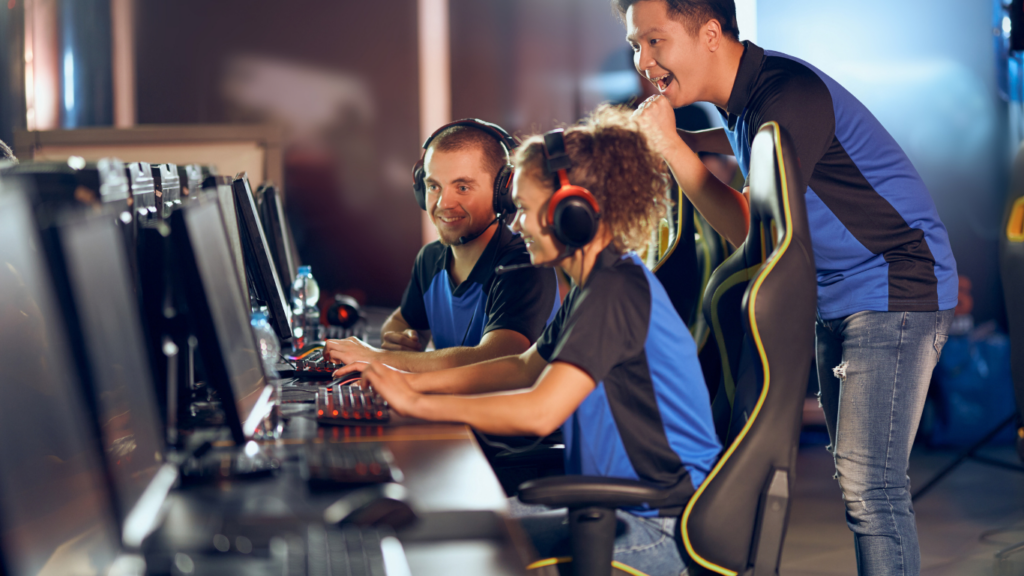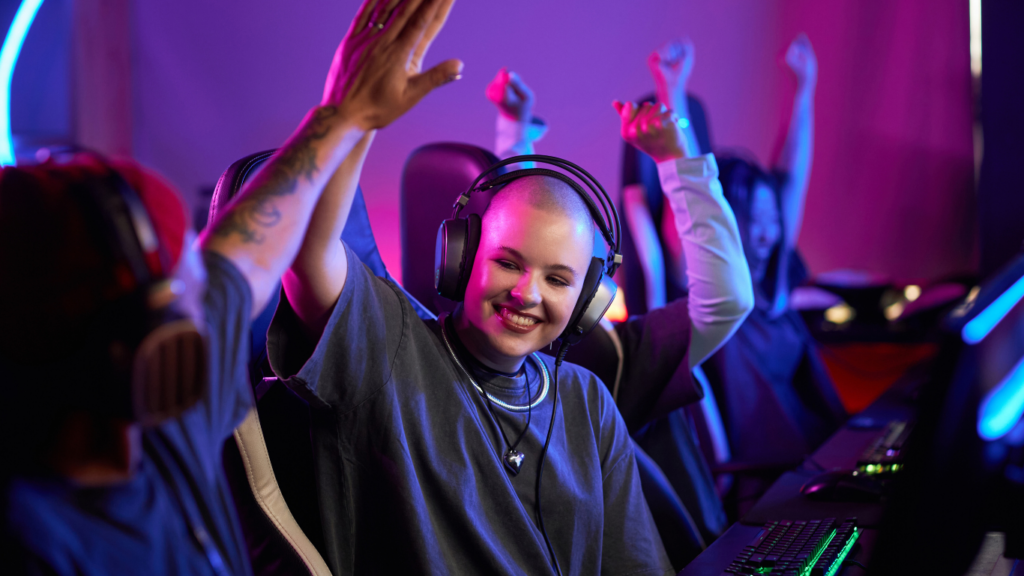There’s something electrifying about watching an underdog team rise against all odds, and in the world of esports, it’s happening more than ever. These teams, often underestimated and overlooked, are rewriting the rules of competition and proving that raw talent and determination can outshine even the most established giants.
The Rise Of Underdog Teams In Esports
Underdog teams in esports are disrupting established hierarchies with unexpected performances. These teams, often emerging from regions considered less competitive, frequently defy predictions to claim victories over top-tier organizations. For instance, in recent tournaments like The International and Worlds, unseeded teams managed to defeat former champions, altering the narrative of dominance.
Smaller organizations often rely on unique strategies and innovative gameplay to compete with better-funded rivals. Limited resources compel these teams to focus on maximizing individual player strengths and cohesive teamwork. A clear example is how SEA and CIS teams have consistently surprised opponents with unconventional drafts or playstyles.
Fans play a pivotal role in the rise of these teams by providing unwavering support online and during live events. Viral moments, such as key underdog plays or emotional interviews, amplify their visibility, driving community support and team morale. Social media platforms further enable these teams to connect with global audiences, increasing their reach and sponsorship opportunities.
The success of underdog teams reshapes the competitive landscape by creating a more dynamic environment. Tournaments now command greater attention as unpredictability increases, attracting diverse audiences and encouraging higher stakes. These teams inspire new players and highlight the global accessibility of esports, ensuring the competitive scene stays vibrant and inclusive.
Key Factors Behind Underdog Success

Underdog teams are disrupting the global esports scene by capitalizing on:
- talent
- strategies
- growing
backing from fans and sponsors. These elements fuel their success, even in high-stakes tournaments.
Talent Development And Grassroots Training
- Smaller regions investing in grassroots training are fostering untapped talent.
- Local leagues provide emerging players opportunities to develop essential skills and gain competitive experience.
- Nations like Vietnam and Brazil are producing elite players by focusing on youth talent and community-driven ecosystems.
- Independent coaches often prioritize refining individual strengths and adaptability.
- Without access to advanced facilities, these players rely on discipline and creativity to close skill gaps.
- By the time they reach professional tiers, they demonstrate ingenuity that surprises competitors.
Innovative Strategies And Teamwork
Underdog teams thrive by prioritizing creative gameplay and cohesive strategies. Limited resources push them to innovate; teams like OG and DAMWON Gaming demonstrate how unconventional drafts or tactics disrupt predictable meta-dynamics.
Relying on teamwork offsets technical and resource constraints. Communication and synergy enable these teams to maximize their strengths during clutch moments. Strong shared chemistry ensures better decision-making, which frequently levels the playing field against higher-ranked rivals.
Growing Support From Fans And Sponsors
Fan engagement propels underdog visibility globally. Viral clips, community campaigns, and online discussions amplify their presence during tournaments. For instance, social media played a vital role in the popularity of teams like PSG Talon and Beastcoast.
Sponsors are beginning to spot growth potential in these teams due to their expanding fanbases. Investment from regional brands and companies results in improved training facilities and resources, which directly influence performance levels against elite competition.
Spotlight On Notable Underdog Achievements
Underdog teams have repeatedly delivered astonishing performances, leaving an indelible mark on the global esports stage. Their accomplishments highlight how determination and innovative strategies can rewrite expectations.
Memorable Upsets In Major Tournaments
Unexpected upsets in high-profile tournaments have showcased the potential of underdog teams. For instance, OG’s victory at The International 2018 was historic, as the squad entered the Dota 2 event through qualifiers and defeated top contenders like PSG.LGD. Similarly, DRX’s triumph at the League of Legends Worlds 2022 amazed fans as they overcame formidable opponents like T1, despite being ranked lower in most predictions.
In Counter-Strike: Global Offensive, Gambit Esports’ win at the PGL Kraków Major 2017 stunned the community. Competing against elite teams such as Astralis and FaZe Clan, Gambit displayed unmatched teamwork and strategy. These examples underscore how underdog teams consistently defy the odds, reshaping the outcomes of the world’s most prestigious esports competitions.
Teams That Changed The Competitive Landscape
Some underdog teams not only achieved tournament success but also altered how games are approached at a competitive level. Fnatic’s PUBG Mobile Global Championship 2020 victory inspired emerging teams to focus on adaptability and in-game decision-making during chaotic scenarios. Similarly, Virtus.pro’s strategic innovations during Dota 2 Majors between 2017 and 2018 influenced how other teams adopted aggressive playstyles.
Rainbow7’s unexpected dominance in the League of Legends Mid-Season Invitational 2021 brought attention to Latin America as a rising esports region. They showed how smaller regions could challenge more established powers with proper coordination and preparation. These teams demonstrate that underdogs aren’t just temporary disruptors—they actively reshape how games are played and regions are perceived within global esports.





